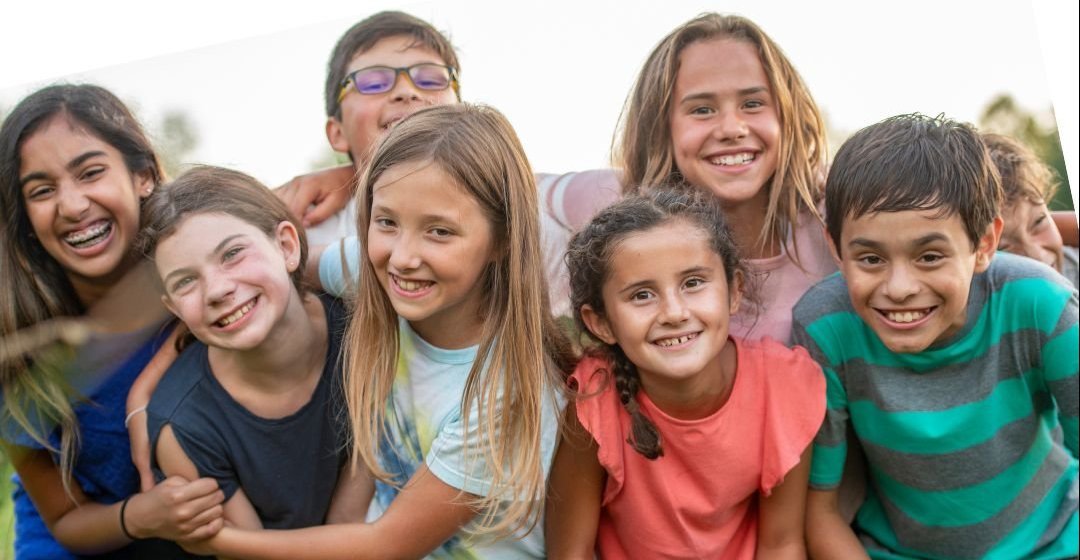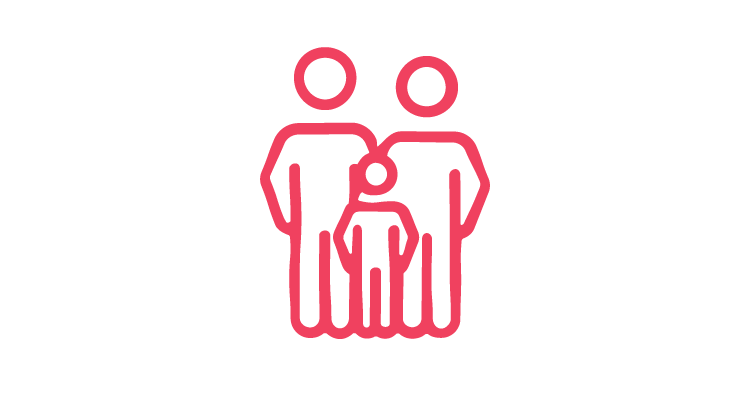Parents are probably familiar with some of the behaviors that may be trauma responses—the truth is, all of us have lived through potentially traumatic events in the past few years; everyone has valid reasons to be traumatized. That doesn’t mean everyone is, as our trainer Alison Hamre, ACSW, explained. The same event might or might not result in trauma for different people, and the symptoms might present differently, but the common thread is that patience and empathy will support growth and healing, while punitive measures will only add to a students’ distress.
The good news is, people can heal from trauma, and often do—it just takes time, and compassion. Creating a sense of safety is most important. Trauma can occur in response to a dangerous or life-threatening situation, when the brain’s survival instincts take over, and instead of resetting they remain highly activated. This might be in response to the completely valid fears of living through an unprecedented global pandemic, or the experience of childhood sexual abuse, or tragically for too many children, both. Fight/flight/freeze/fawn reactions can make a child or youth combative or drowsy, nonresponsive or a perfectionist, hostile to others or desperate to people-please. Keep calm and remember that this behavior is coming from survival mode, not to take it personally, and to create as much stability, safety, and predictability in the class or environment as possible.
Knowing what to expect and not being “caught off guard” are helpful supports for children processing trauma, so this year we’re working to make sure students know when our classes are coming up, who will be teaching, and what we’ll be talking about. We’ve always provided parents and caregivers with the lineup of topics, but youth deserve to know too, and whenever possible we also let them know who the facilitators will be. At some schools, students come into the classroom on day 1 of sex-ed having been well-prepared by their teachers; at others, they walk in expecting PE or science, see the More Than Sex-Ed logo projected on the screen, and cry “what is happening?!” We’re going to try and fix that.
There are lots of ways students react to a sex-ed class; some of it is trauma, some of it is just discomfort, we’ve seen it all. A few years ago we coined the term “performative discomfort” for the way that students will compete to out-do each other in displays of disgust, especially for [alleged] boys, and especially in 4th-7th grades, or about 9-13 years old. Our standard responses are to affirm that it’s ok to giggle or feel funny, but it’s not ok to make other people feel ashamed or embarrassed about their body; everyone has a right to learn this information about how bodies work. When we make it clear that their reactions are not going to fluster us, and that they have permission to put their head down and not look or engage if they don’t want to, a lot of students calm down. They have a little more agency over how they participate, they know we won’t make them say or do anything they don’t want to, and maybe there’s some interesting information coming that might be relevant to their life, that might be worth pushing through the discomfort to hear.
Another incredibly helpful piece of our team’s professional development was the reminder that it’s not our job to diagnose or treat trauma, just to be aware and sensitive to it. Being a human is hard; the world is a difficult place; you cannot fix or heal everyone. Supporting children with empathy, patience, stability, predictability, and agency will give their brains the tools to start healing on their own, and so will normalizing the idea of trauma as something that happens to many people. When all of the adults who care for children recognize that intense reactions, unpredictable emotions, defensive behaviors, and shutting down are potential trauma responses, and respond accordingly, naming and normalizing the need to feel safe, children can see and empathize with it in themselves and each other.
For the parents, caregivers, and trusted adults looking after these children: thank you for doing the heavy lifting that we can’t, for giving them space and time to process, for supporting instead of criticizing an outsized reaction. Take some deep breaths, get some support for yourself too, remind yourself that “good enough” really is, try to give them a heads up about what to expect, give them as much control as possible, and remember there are professionals who can help. None of us is in this alone.




